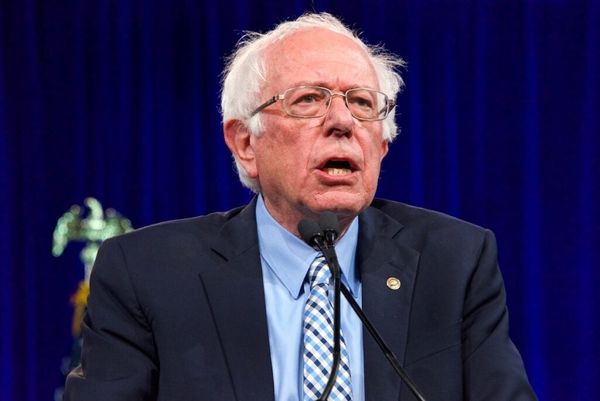The Communist Party of India (CPI) has expelled former Kandala Service Cooperative Bank president N. Bhasurangan from the party’s primary membership after the Enforcement Directorate (ED) detained him for questioning on lending and deposit fraud-related money-laundering charges.
Mangode Radhakrishnan, CPI district secretary, Thiruvananthapuram, told reporters on November 9, 2023 that the party had earlier demoted Mr. Bhasurangan from its district executive to mandalam committee after a Cooperative department audit found large-scale fraud that caused the bank’s assets to depreciate by ₹101 crore during the 2015-2021 period.
The CPI’s disciplinary action against the senior leader in the district stood in stark contrast to the Communist Party of India (Marxist) [CPI(M)] that has legally and politically thrown a wall around party apparatchiks arrested by the ED in connection with the comparable Karuvannur Service Cooperative Bank scam in Thrissur.
A CPI insider said the financial shenanigans in the party-controlled bank had heightened popular disaffection with the party and the government.
Moreover, he said the CPI could organisationally ill-afford to ignore that the 72 cooperative members who lost their life savings by investing in the insolvent bank were predominantly CPI supporters.
The CPI was also reportedly mindful that the Kandala bank corruption could hamper its prospects in the Thiruvananthapuram Lok Sabha constituency in the 2024 Lok Sabha elections by becoming a potent propaganda tool in the hands of the Congress and the Bharatiya Janata Party (BJP).
ED raids continue
Meanwhile, ED officials hospitalised Mr. Bhasurangan after he said he felt queasy during questioning. The agency’s raids, which commenced early on November 8, were continuing.
ED officials also inspected the residents of former bank secretaries Shantakumari Rajendran and Mohan Chandran and that of a bank collection agent.
They also investigated the source of financing that helped Mr. Bhasurangan’s son to start a posh restaurant in the city.
Cooperation Minister V.N. Vasavan told reporters that his department had detected the fraud. “At the government’s instance, the police registered scores of cases concerning the bank fraud. The ED inspection was politically motivated and superfluous”, Mr. Vasavan said.
The Cooperative department auditors reportedly stumbled upon brazen instances of loan fraud, exaggeration of the value of land put up as collateral for securing bank loans, using the same surety to sanction multiple loans to favoured persons, dubious appraisal of land and gold submitted as guarantee for ensuring low-interest bank loans, questionable restructuring of credit and nepotism in bank appointments.
The Cooperative Registrar handed over the damning audit report to the ED after it registered a case under the Prevention of Money Laundering Act (PMLA) regarding the police charge against the bank’s former officials as an actionable predicate offence.
The bank owed an estimated ₹173 crore to depositors but failed to muster the resources to redeem the debts.
Hard-pressed depositors besieged the bank, demanding the return of their life savings, throwing a harsh spotlight on the institution’s political leadership and putting the CPI on the defensive.
The cooperative society members found that they could not even make small withdrawals to meet life’s exigencies, prompting at least one depositor to commit suicide.
Neither the ruling front nor the Opposition could politically ignore the fact that low-interest and welfare-oriented credit societies in Kerala have a direct and crucial bearing on the lives of lakhs of ordinary citizens, ranging from dairy and rubber farmers to coir and cashew workers and toddy tappers and weavers.
Cooperative society beneficiaries carry considerable social and political heft and, as a crucial voting bloc, have traditionally relatively slanted to the Left.
The Congress-led United Democratic Front (UDF) Opposition reckons that the high-profile ED probes against LDF-controlled banks were reportedly a driver of growing disaffection with the LDF government and have sought to exploit the scandal politically. The ED’s arrest of LDF leaders on money laundering charges has also not helped the LDF’s public image.







